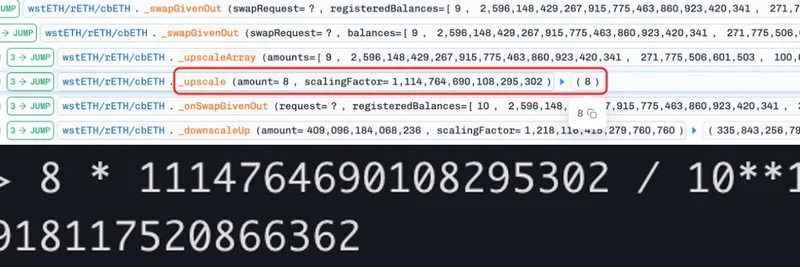In the ever-evolving landscape of blockchain technology, Mysten Labs has made a significant leap forward with the introduction of Nautilus, a groundbreaking solution that combines off-chain privacy with on-chain trust. This innovation, detailed in a recent tweet by Mysten Labs, promises to transform how developers approach sensitive computations in decentralized applications.
Understanding Nautilus: A Blend of Privacy and Verifiability
Nautilus is designed to address critical challenges in blockchain development, particularly the lack of trust in off-chain data and the need for privacy in sensitive operations. As explained by Mysten Labs Product Manager Abhinav Garg, Nautilus allows developers to execute high-cost or sensitive computations off-chain within isolated, tamper-proof trusted execution environments (TEEs). This approach ensures that the results can still be verified on-chain, maintaining the integrity and trust of the blockchain.
Key Features of Nautilus
- Off-Chain Execution in Secure Enclaves: Nautilus leverages TEEs, such as AWS Nitro Enclaves, to run computations off-chain. This method provides a secure, isolated environment where data and code are protected from external interference.
- On-Chain Verification: Despite the off-chain execution, Nautilus ensures that smart contracts can verify the results. This verification process confirms that the computations were performed correctly and without tampering.
- Flexibility for Developers: Developers can move logic off-chain for tasks like pricing, identity checks, or AI inference, while still proving to smart contracts that the results are legitimate. This flexibility is crucial for building efficient and secure decentralized applications.
The Technical Backbone: How Nautilus Works
Nautilus operates on the Sui network, a layer-1 blockchain known for its high performance and scalability. The framework integrates seamlessly with Sui's smart contract capabilities, allowing for a hybrid model where off-chain computations are verified on-chain. This integration is facilitated through:
- Move Integration: Smart contract patterns and functions that verify TEE attestations, signatures, and processed outputs.
- TEE Templates: Pre-built, reproducible templates that simplify the deployment of applications to self-managed TEEs.
The result is a powerful toolkit that enables developers to balance performance, privacy, and trust without compromising decentralization.
Implications for the Blockchain Ecosystem
The introduction of Nautilus marks a pivotal moment for the blockchain ecosystem, particularly for developers working on privacy-preserving applications. By addressing the trust issues associated with off-chain data, Nautilus opens up new possibilities for decentralized applications that require high levels of security and confidentiality.
Use Cases and Applications
Nautilus is particularly well-suited for applications that involve sensitive data or complex computations. Examples include:
- AI Inference: Running machine learning models off-chain while proving the results on-chain.
- Identity Checks: Performing identity verification processes off-chain with verifiable results.
- Pricing Models: Executing pricing algorithms off-chain to reduce on-chain costs while maintaining trust.
These use cases demonstrate how Nautilus can enhance the functionality and security of decentralized applications, making it a valuable tool for developers.
The Future of Decentralized Computing
As blockchain technology continues to mature, the need for solutions like Nautilus becomes increasingly apparent. The ability to execute computations off-chain while maintaining on-chain trust is a game-changer for the industry. It allows developers to build more robust, secure, and efficient applications, ultimately driving the adoption of decentralized technologies.
Mysten Labs' commitment to innovation is evident in Nautilus, and this development is likely to influence the future direction of blockchain infrastructure. As the technology evolves, we can expect to see more advancements that build on the foundation laid by Nautilus, further blurring the lines between off-chain and on-chain operations.
Conclusion
Mysten Labs' Nautilus represents a significant step forward in the quest for privacy and trust in blockchain technology. By enabling off-chain computations with on-chain verification, Nautilus empowers developers to create secure, efficient, and trustworthy decentralized applications. As the blockchain landscape continues to evolve, innovations like Nautilus will play a crucial role in shaping the future of decentralized computing.
For those interested in exploring the technical details and potential applications of Nautilus, the GitHub repository provides a wealth of information. Additionally, the Mysten Labs blog offers further insights into the development and implications of this revolutionary technology.



